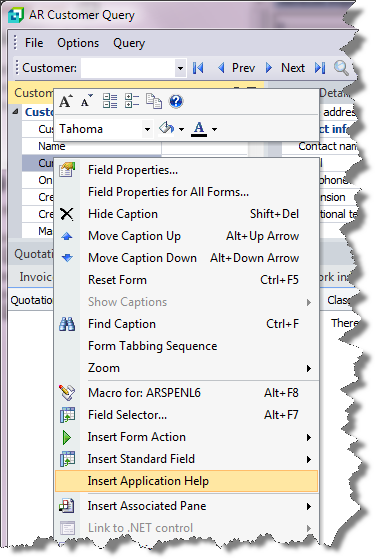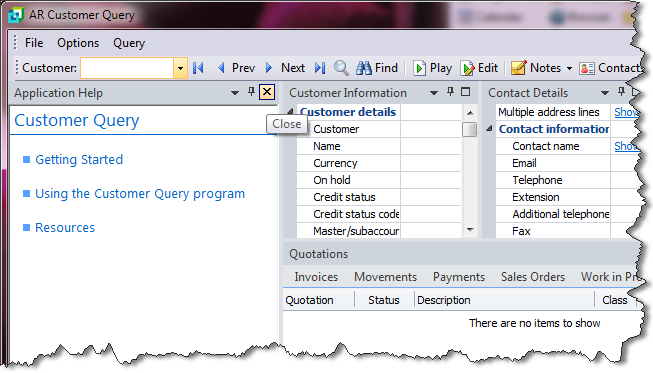You use this program to remove product configurations and configuration libraries which have expired according to a specific cut-off date from the system.
| Field | Description |
|---|---|
| Start Processing | Select this to delete the configurations or libraries according to the selection criteria you indicated. |
| Field | Description | ||||
|---|---|---|---|---|---|
| Purge options | |||||
| Purge selection | Indicate whether you want to delete configurations and libraries or only libraries. | ||||
| Configurations |
Select this to delete expired configurations and any libraries held against them.
|
||||
| Libraries only | Select this to only delete the libraries held against the selected configurations. | ||||
| Configurations | Indicate the configuration(s) you want to include in the purge. | ||||
| Engineers | Indicate the engineer(s) for whom you want to include configurations in the purge. | ||||
| Libraries | Indicate the library(ies) you want to delete. This option is only available if you selected to purge Libraries only. |
||||
| Options | |||||
| Purge date |
Enter a cut-off date according to which expired configurations/libraries must be deleted. Only configurations and libraries which have expired by this date are deleted. This field defaults to the current system date. |
||||
| Update stocked component descriptions |
Select this to update descriptions for all stocked component from the Inventory table/file for all configurations after the purge has been performed. All descriptions are updated when you select this option, even if no configurations or libraries are purged. |
||||
| After processing completed | These options are displayed within programs that can be automated. They enable you to indicate the action you want to perform once processing is complete (see Automation Design). | ||||
The results of the processing function you selected are displayed in this pane once processing is complete (unless you enabled the option to close the application from the After processing completed section). You use this section to print or email this information.
-
Stock code descriptions for existing configurations are not updated when they are changed in Stock Code Maintenance.
You can, however, update the stock code descriptions against existing configurations by running this program and either:
-
Using the Engineer selection and entering an Engineer code that does not exist.
-
Entering a Purge date that is far enough into the past that no configurations are purged.
-
Application Help Panes provide step-by-step instructions for various functions within the program, including a brief overview of what the program does, what setup options are required and how to personalize the program. The intention is that the pane provides information that is uncluttered and easy to navigate.
You can embed an Application Help Pane:
-
in the main SYSPRO menu
-
in any program with panes, if not using roles
-
when adding a role layout in Design Mode.
Inserting Application Help
You would typically follow this procedure to display help for the current program in a customized pane that can be pinned to the program window.
Information includes step-by-step instructions for the various functions available within the program, including a brief overview of what the program does, what setup options are required and how to personalize the program.
-
Open the program for which you want to insert application help into a customized pane.
This functionality is only available for a program that has panes.
-
Right-click any form field.
You can also click the triangle menu icon that appears in the title area of a pane.
-
Select Insert Application Help from the context-sensitive menu.
The application help appears in a pane within your program. You can reposition the pane using the docking stickers or pin it to the program window.
Removing the Application Help pane
If you no longer want to display application help in a pane for your current program, you can simply remove it.
-
Select the Close icon in the right-hand corner of the application help pane.
-
Confirm that you want to delete the pane.
![[Note]](images/note.png)

